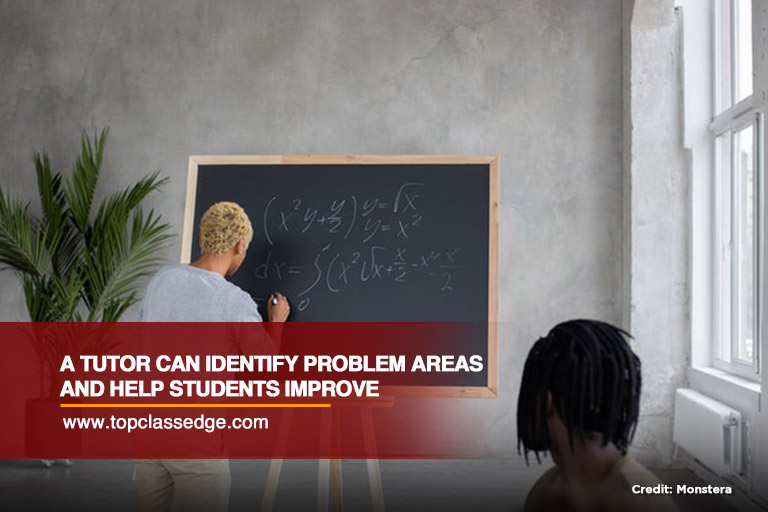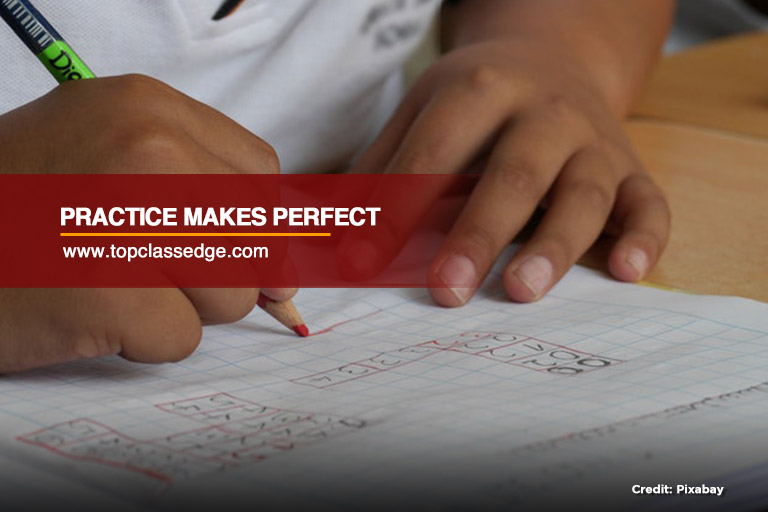
Math fluency is key to success in mathematics. Once a person develops fluency in math, they can easily understand a wide variety of mathematical concepts. That said, however, building fluency in math requires lots of hard work, practice, and patience. In this blog post, we will discuss 8 tips on how to build math fluency which will also result in building a higher level of confidence. After all, math is something that most people use on a daily basis in one way or another, so having a good grasp of how to solve problems is essential.
What Is Math Fluency?
Before we dive into how students can develop fluency in math, we thought it would be a good idea to explain exactly what math fluency is. Essentially, math fluency means being able to use mathematics without having to think about it too hard or struggle with basic concepts. To become fluent, a student must have knowledge of all parts of mathematical thinking such as numbers, patterns, shapes, spatial relations, and reasoning skills.
For those who are wondering ‘why is math fluency important,’ the answer is simple. Math fluency is important because it allows students to approach math problems with confidence. When students practice math problems regularly, they develop a better understanding of the concepts and are able to solve math problems more easily. This leads to improved math grades and a better understanding of math concepts.
7 Tips for Developing Fluency in Math
While one of the biggest math fluency facts is that regular practice is a must, there are some specific ways students can practice. Following these tips can help students see an overall improvement in their math skills and allow them to find more enjoyment in their time in the classroom.
#1 Measuring Ingredients While Cooking

Pointing out real-life examples of when students will use math is an excellent way to help them understand the importance of math fluency. That said, cooking with fractions can be a fun and helpful way to build fluency in math. By practicing dividing ingredients equally between pots or measuring cups, students can improve their skills in fractions and basic math.
This hands-on activity helps make learning math concepts more concrete and therefore easier to understand. In addition, cooking together as a family can provide a fun and relaxed environment for discussing fractions and other math concepts.
#2 Play Games That Involve Math
Playing math games can help students build their fluency in math. When students are playing a game, they are focused on the task at hand and are not thinking about the fact that they are practicing math. This helps them to improve their skills without feeling like they are working. Additionally, when students play math games, they are often working with other students who may be at different levels. This allows them to learn from one another and helps them to master the skills that they are practicing.
#3 Use Shopping as a Way to Practice Math
People can use shopping as a way to develop math skills. This is because when people shop, they need to calculate the cost of items, the amount of money they have, and the change they will receive. In addition, people need to be able to understand percentages in order to get discounts, and they need to be able to estimate totals in order to make sure that they have enough money for their purchase.
Some students may even enjoy having a checkbook where they can track all of their purchases and get an understanding of how much they’ve spent and how much they have left. Not only will this benefit students in the classroom, but it can also help teach them financial literacy.
#4 Work With a Tutor

Working with a tutor can help build fluency in math by providing students with the opportunity to practice math problems regularly. Tutors can also help students identify any areas where they may need additional assistance, and offer strategies for overcoming any challenges. In addition, tutors can provide feedback and encouragement, which can help students feel more confident in their math skills.
Working with a tutor is especially beneficial for students who tend to get overwhelmed in traditional classroom environments and need some extra one on one time. Many tutors also have creative ways of breaking things down so students can explore different avenues of understanding.
#5 Practice Mental Math Whenever Possible
For many people, math is a source of anxiety. They may have bad memories from school about being embarrassed by the teacher or having it pointed out that they were one of the few students who couldn’t answer a question.
So what can be done? One thing you can do is practice mental math where you solve equations in your head without writing anything down. It sounds easy but takes some time to get good at. However, once students develop mental math skills, they will be able to recall problems and concepts with ease.
#6 Use Flash Cards
Flash cards are a powerful tool for reinforcing basic math skills and improving computational fluency. They can help students learn and remember important facts, formulas, and concepts.
One of the best things about flash cards is that they can be used to help students no matter where they are in their journey. Math flash cards can be used to drill basic operations such as addition, subtraction, multiplication, and division. They can also be used to practice more complex skills like algebra and geometry. In addition, flash cards can help students develop problem-solving strategies.
#7 Do Timed Math Drills

Having students complete timed math fluency worksheets can be a fun way for students to test their skills. There are several benefits to taking timed math drills. First, practicing under pressure can help students learn how to work more quickly and accurately. This is important, as students will likely face timed test questions on standardized tests.
Additionally, practicing with timed math tests can help students become more familiar with the types of questions that they will see. If you aren’t sure where to find helpful worksheets, you may want to check out some math fluency websites to find additional resources.
Wrapping Up
When students are struggling at math it can be very easy for them to get discouraged. However, by keeping these tips in mind and focusing on how to improve math fluency, students will also feel empowered as they work towards their futures.
If your child needs help with math, turn to Top Class Edge Learning. We provide math tutoring in Richmond Hill. For inquiries or a free assessment, give us a call at 647.795.0406.
